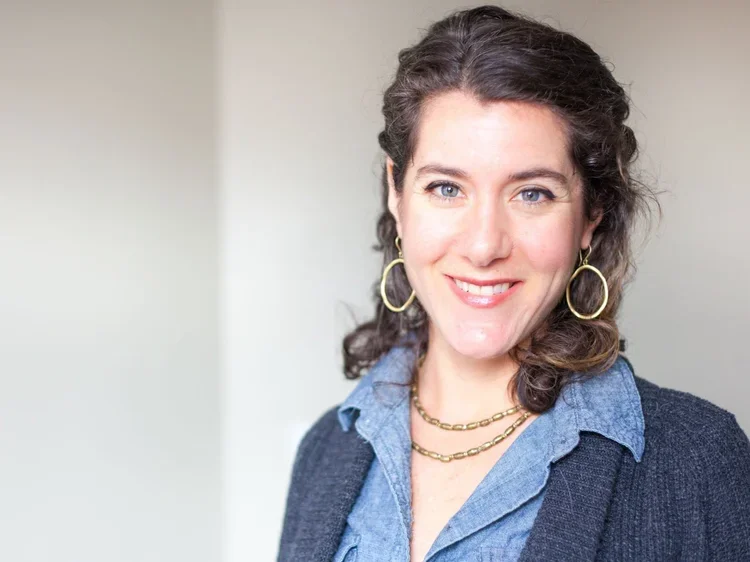Early motherhood / parenthood is a uniquely destabilizing time and known to be one of the most emotionally vulnerable times in the lives of women and new parents. It is also a time of enormous development, adjustment and growth and one during which many seek psychotherapy for the first time in their lives. This context sets the stage for new parents with anxious and avoidant insecure attachment patterns, and related emotional distress, to make changes in their own patterns, and build more secure attachment internally and in intimate relationships, including those with their own children. Through case examples, this presentation will illustrate ways anxious, insecure attachment patterns can show up in therapy, in early parenthood and explore some dynamic concepts and approaches psychotherapists may use to promote secure attachment, benefitting the long-term emotional wellbeing of both parents and their children.
Learning Objectives
At the conclusion of this presentation, participants will be able to:
Describe 3 of the core elements of attachment theory
Identify 2 typical presentations of new mothers with anxious/preoccupied and avoidant attachment patterns, in new parenthood
Describe 3 mechanisms of transmission of secure and insecure attachment patterns between parents and children
Discuss 3 core, psychodynamic concepts and interventions therapists may use to target interruption of transmission of insecure attachment styles between parents and young children
1.5 continuing education units available through NASW and APA
Jane Hesser, MFA, LICSW, is an expert in perinatal mental health, as well as perinatal sleep. Between 2011 and 2018, she worked exclusively with pregnant and postpartum women, in the Department of Women’s Behavioral Health, at Women & Infants Hospital, in Providence. Jane is a psychotherapist, in private practice, in Providence, where she specializes in work with perinatal women and physicians. She is a Clinical Assistant Professor, in the Department of Psychiatry and Human Behavior, at Alpert Medical School of Brown University, where she has been a psychotherapy supervisor, for psychiatry residents, since 2017. She is faculty in the Women’s Mental Health Fellowship at Brown, and has spoken regionally and nationally on the subjects of perinatal mental health and sleep. Along with Katherine Sharkey, MD, she is currently co-investigator on The Dream Team research study, which is working to build an effective tool for maternal community home workers to facilitate optimal maternal sleep.
References
Fonagy, Peter. Understanding of Mental States, Mother-Infant Interaction, and the Development of the Self. In J.M.
Fraiberg, S., Adelson, E., Shapiro, and V. (1980) Ghosts in the Nursery: A Psychoanalytic Approach to the Problems of Impaired Infant-Mother Relationships. In S. Fraiberg (Ed.), Clinical Studies in Infant Mental Health: The First Year of Life(pp.164-196). New York: Basic Books, Inc.
Lieberman, A.F., Padron, E., Van Horn, P., & Harris, W.W. (2005) Angels in the Nursery: The Intergenerational Transmission of Benevolent Parental Influences. Infant Mental Health Journal (26), 504-520.
Slade, A. et al. (2005) Minding the Baby: A Reflective Parenting Program. Psychoanalytic Study of the Child (60),74-100.
Tronick, E.Z. and the Change Process Study Group (1998). Dyadically expanded states of consciousness and the process of therapeutic change. Infant Mental Health Journal, Vol. 19.

